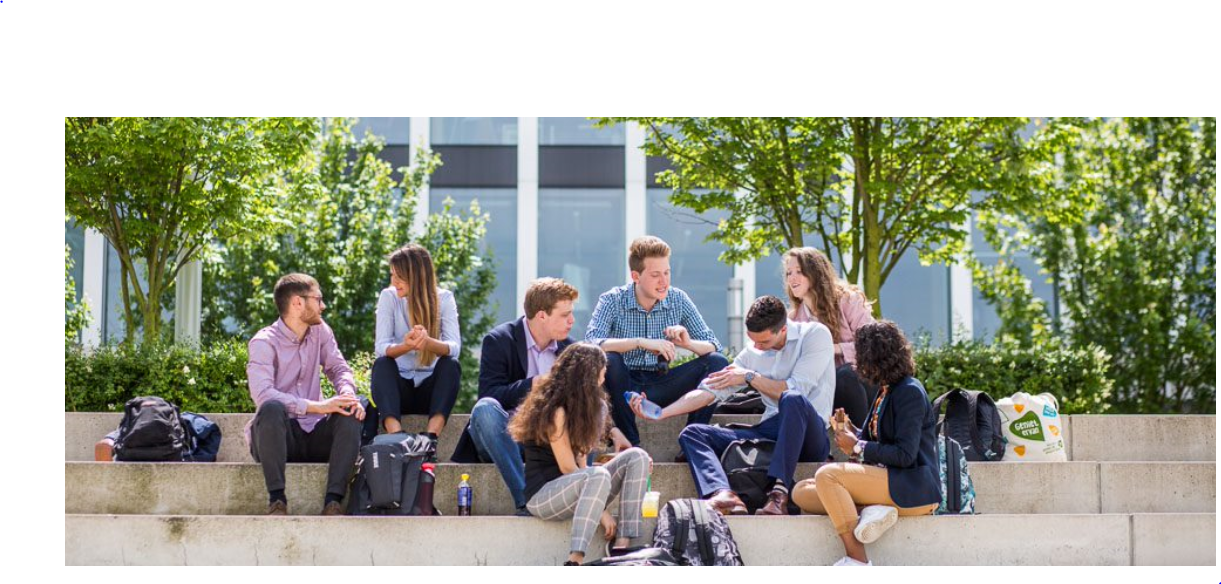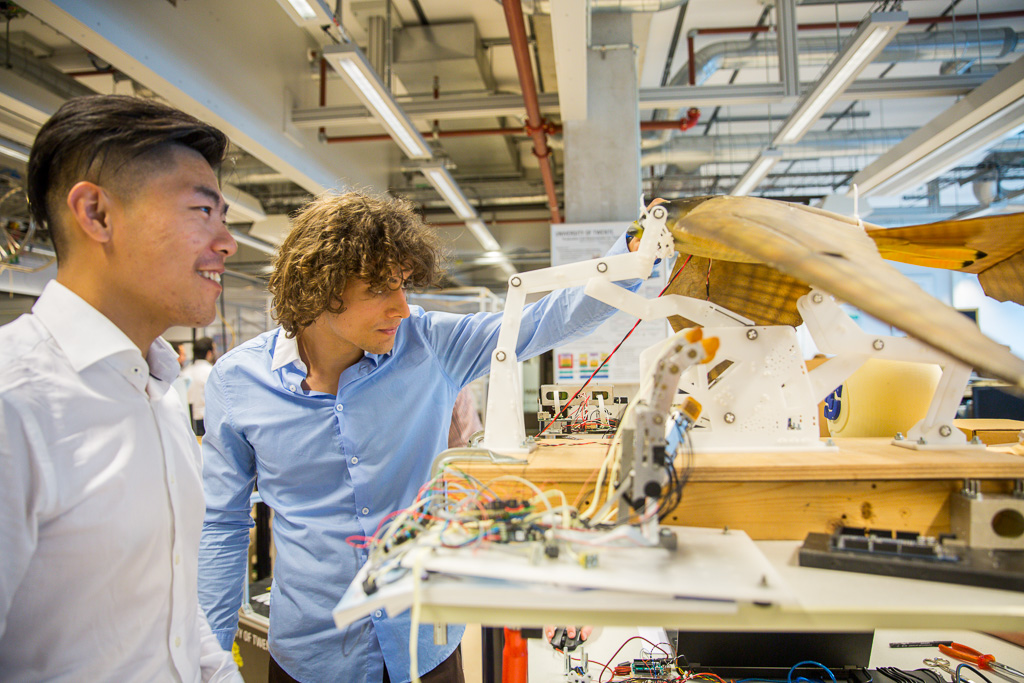
Theoretical and Empirical Linguistics
Master

How is language constructed and which aspects can be distinguished and studied? How are these aspects realized in different language families and specific languages?
Theoretical and Empirical Linguistics is a one-year Master's track of the MA Linguistics which is based on the strengths of the Groningen Linguistics department (English, German, French, Italian, Russian, Spanish, Swedish). Students can choose between two specializations: The Human Language System (THLS) and Language Development and Variation (LDV).This MA track offers students a broad and attractive, but coherent and cohesive, range of options, oriented along the following approaches:* Empirical investigation of the structure of the European languages, with focus on synchronic and diachronic variation* Theoretical study of syntax, semantics, morphology, and phonology/phonetics* Use of a variety of data (native speaker intuitions, corpus data, language acquisition data) and methodsThe track focuses on language with all its complexities. The main focus is how to make sense of complex data in order to be able to study the structure, variation, change, and development of language, so as to obtain a better understanding of the human language faculty. It covers the principal subfields of linguistic study (sound, structure, meaning), and offers plenty of opportunity for students to focus on a particular language o
Ready to apply?
Visit course websiteLanguage
English
Title
Master of Arts
Duration
1 year
ECTS credits
ECTS
The European Credit Transfer and Accumulation System (ECTS) is a student-centred system based on the student workload required to achieve the objectives of a programme of study. Its aim is to facilitate the recognition of study periods undertaken by mobile students through the transfer of credits. The ECTS is based on the principle that 60 credits are equivalent to the workload of full-time student during one academic year.
Accreditation
Tuition fee 2025/2026
EU/EEA
The EU/EEA rate is the regular fee for students from within the EU/EEA.
€ 2,601
Non-EU/EEA
The non-EU/EEA rate is the rate for students from outside the EU/EEA.
€ 19,200
Institutional
The institutional rate is for all students who have already obtained a bachelor’s or master’s degree and who want to start a second programme leading to a degree at the same level or at a lower level.
€ 16,300
Admission
Admission URL
Application requirements
Information not availableCheck when you can start and what you have to pay!
| Tuition fees | |
|---|---|
| € 2,601 | |
| € 19,200 | |
| € 16,300 |
| Tuition fees | |
|---|---|
| € 2,695 | |
| Information not available | |
| Information not available |
| Start date | App. deadline EU/EEA | App. deadline Non-EU/EEA |
|---|---|---|
| 1 Sep '26 | 15 Aug '26 | 1 May '26 |
| 1 Sep '27 | 15 Aug '27 | 1 May '27 |
Scholarships
You can check if you're eligible for scholarships that apply to this course.
Contact
Main addressBroerstraat 5
9712 PC Groningen
050-3638100
Ready to apply?
Visit course website
